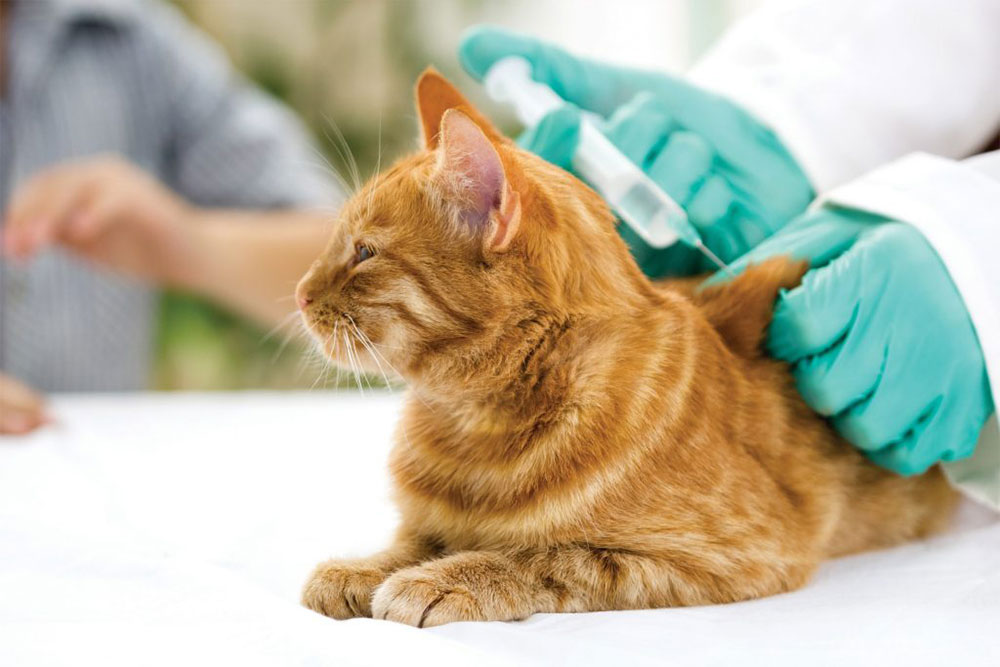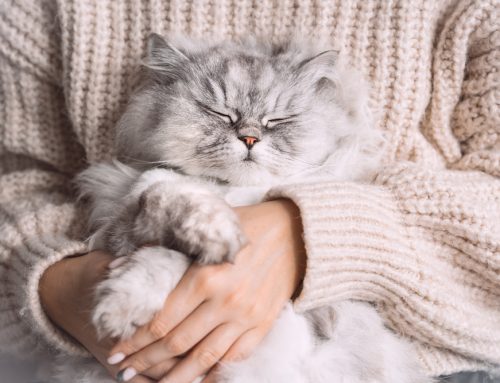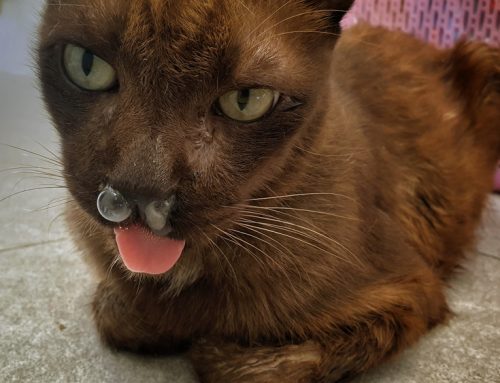We’re fortunate to live in an era when disease prevention for cats has become a normal way of life. Although feline vaccinations have long been considered one of the easiest and most effective ways to extend the lives of our precious kitties, many owners (understandably) have some questions and concerns.
A Vaccine Primer
Vaccines are designed to help the immune system fight off disease-causing organisms it may come into contact with in the future. Vaccines contain antigens, which are similar enough in structure to a disease-causing virus or bacteria to mildly stimulate the immune system without actually causing the disease. If a cat ever comes into contact with the disease in the future, his or her immune system will be prepared to defend against it.
Important Feline Vaccinations
- Rabies –The number of reported feline rabies cases in the U.S. exceeds that of other animals. Because of the potential for human transmission, having your cat vaccinated against rabies is required by law in most parts of the country.
- Panleukopenia – Also known as feline distemper, panleukopenia is a highly contagious viral disease that shuts down the immune system and leads to deadly intestinal infections. Because the virus is found nearly everywhere in the environment, this is considered a core vaccine.
- Feline leukemia (FeLV) –FeLV continues to be the number one viral killer of cats in the country. This highly contagious virus attacks a cat’s immune system, leading to serious consequences such as anemia, cancer, and secondary infections.
- Feline herpesvirus and feline calicivirus – Both viruses are estimated to be responsible for 80-90% of all infectious feline upper respiratory diseases. While not usually serious in adult cats, these common viruses can be deadly for kittens and are included among the core feline vaccinations.
- Feline immunodeficiency virus (FIV) – This dangerous, transmissible viral disease severely weakens a cat’s immune system, hindering its ability to protect against bacteria, fungi, viruses, and protozoa commonly found in the environment.
What About Indoor-Only Cats?
Although it may seem like a cat who never goes outside should be protected from disease, this is certainly not always the case. Cats can escape from even the most vigilant owners, and wildlife or other pets that have access to your home increase your cat’s risk of disease exposure.
The Risk is Real: FIV/FeLV
Finding out your cat has been diagnosed with one of these viral diseases is devastating and often means a significantly shortened lifespan for your beloved pet. The best way to protect your pet is to prevent him or her from exposure in the first place:
- FIV is most commonly transmitted through cat bites.
- FeLV can be transmitted through mutual grooming, saliva (bites & sneezes) and other time spent in close proximity with an infected cat.
If you have any questions about feline vaccinations or would like to schedule an appointment, please don’t hesitate to call your veterinarian and veterinary staff at Town & Country Animal Hospital.







Leave A Comment